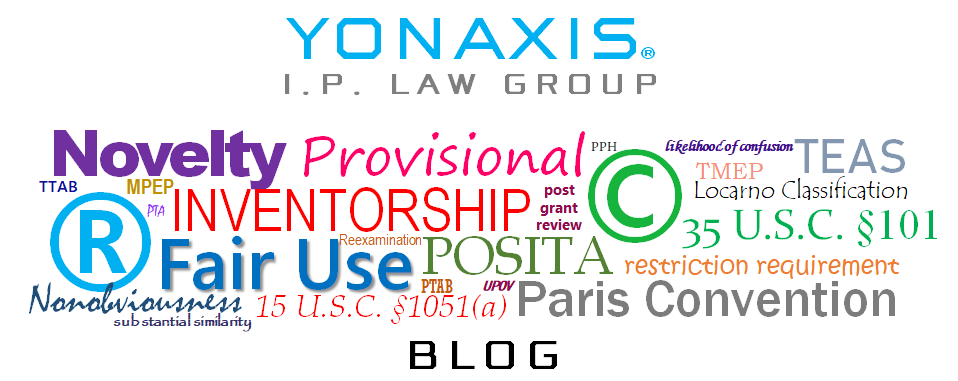U.S. Patent No. 9,889,100 B2 issued on February 13, 2018, for “Cannabidiol for Treatment of Severe and Refractory Graft-Versus-Host Disease.” The inventor is Moshe Yeshurun, and the applicant/assignee is Mor Research Applications Ltd., of Tel Aviv, Israel. Mor Research is the patenting and licensing division of Clalit Health Services, the largest of four state-mandated HMOs in Israel. The specification is directed to methods of treatment of both forms of graft-versus-host disease (GVHD) (acute and chronic) by using cannabidiol (CBD) compositions. GVHD is a complication of allogeneic stem cell transplantation, where donor T-cells (“graft”), in addition to attacking cancer cells, also attack the recipient’s healthy cells and tissue (“host”) which can lead to organ failure. Corticosteroids and other immunosuppressants are known treatments for GVHD.
Claim 1 recites:
A method for treating a subject afflicted with acute graft versus host disease (GVHD) or chronic GVHD comprising administering to said subject a therapeutically effective amount of composition comprising a cannabidiol (CBD), (-)-7-hydroxy-CBD, (-)-CBD-7-oic acid, dimethylheptyl homologue of (-)-CBD-7-oic acid, thereby treating a subject afflicted with acute graft versus host disease (GVHD) or chronic GVHD wherein the composition is administered daily in doses of between 5 mg to 600 mg.
The ‘100 patent’s cannabinoid compositions are derived from the oxidized or hydroxylated CBD metabolites. As such, the International Classification is A61K 31/05, or phenols, which is the family of hydroxyl group chemical compounds, to which cannabinoids are family members. The ‘100 patent is a continuation-in-part of U.S. Serial No. 14/787,515, and is subject to a terminal disclaimer under 37 C.F.R. §1.321. As such, its term will end sometime around April 29, 2034.
Israel has very recently become the world leader for medical cannabis research. Bloomberg reported late last year that Israeli cannabis research companies will begin exporting medical cannabis products to a number of countries, including the U.S., where the FDA has approved several cannabis-derived pharmaceutical drugs (i.e., synthetic) for a variety of medical conditions, as reported by Medical Jane. The advent of these new drugs should be welcome news to medical patients of epilepsy, neuropathic pain, cancer, and chemotherapy-induced nausea. The ‘100 patent is derived specifically from the botanical cannabinoids, rather than the synthetic variety, so it should be interesting how the FDA treats import, marketing, and sale of the potential drug.
The growth of adult-use cannabis throughout the U.S. only increases the growth-potential for related technology in the cannabis industry. More cannabis technology is expected to begin the patenting process, both in research and recreational use. Please contact Yonaxis for more information on patent processes if you have any questions.
